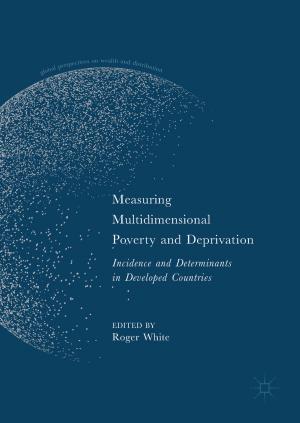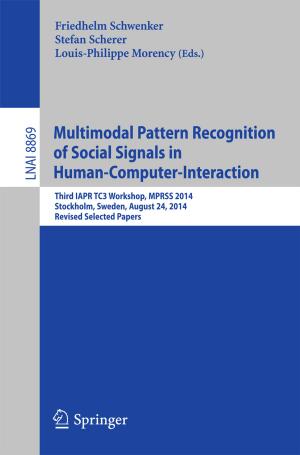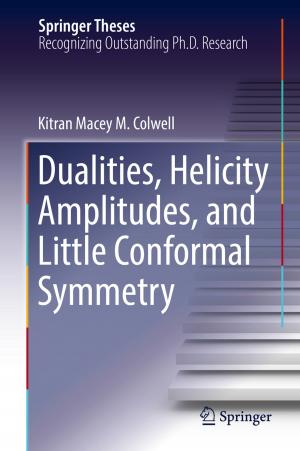Biographies and Careers throughout Academic Life
Nonfiction, Health & Well Being, Psychology, Personality, Reference & Language, Education & Teaching, Higher Education| Author: | ISBN: | 9783319274935 | |
| Publisher: | Springer International Publishing | Publication: | June 1, 2016 |
| Imprint: | Springer | Language: | English |
| Author: | |
| ISBN: | 9783319274935 |
| Publisher: | Springer International Publishing |
| Publication: | June 1, 2016 |
| Imprint: | Springer |
| Language: | English |
The book draws on the 2007 Changing Academic Profession international survey in order to document the personal characteristics, career trajectories, sense of identity/commitment and job satisfaction of academics in 14 countries with different levels of economic and social development and different higher education systems. With nearly 26,000 academics surveyed in 19 countries (of which 14 are reporting their results in this volume), the empirical basis of the book is the most up-to-date and far-reaching in the area.
With major changes taking place both in the local and global contexts of higher education and in the working conditions within individual universities, as exemplified by increasing managerialism and performance-based funding, it is important to consider the impact of these changes on the profiles and working lives of the academic profession across different countries. But it is also important to look at the ways in which the faculty’s changing profile impacts on the organisation and management of universities and on the delivery of their central functions.
Although not always obvious in the short-term, academic work and its conditions attract, incorporate and promote different types of individuals who, in turn, exert considerable influence on the nature of academic work, higher education institutions and, potentially, society. As faculty members are central to the teaching, research and service enterprise activities of higher education, it is important to understand their personal characteristics, career trajectories, sense of identity and commitment, and job satisfaction. These are central for understanding the academic profession in general and, in particular, the factors affecting their involvement and productivity in the work of their institutions. These are a complex result of a mixture of contextual factors (e.g. the status and regulatory framework of the higher education system, the features and atmosphere of the particular institution) and personal factors (e.g. gender, educational attainment, family background, attitudes to work and broader social values).This book examines the different situations facing the academic profession in individual countries and provides comparative studies of country differences.
The book draws on the 2007 Changing Academic Profession international survey in order to document the personal characteristics, career trajectories, sense of identity/commitment and job satisfaction of academics in 14 countries with different levels of economic and social development and different higher education systems. With nearly 26,000 academics surveyed in 19 countries (of which 14 are reporting their results in this volume), the empirical basis of the book is the most up-to-date and far-reaching in the area.
With major changes taking place both in the local and global contexts of higher education and in the working conditions within individual universities, as exemplified by increasing managerialism and performance-based funding, it is important to consider the impact of these changes on the profiles and working lives of the academic profession across different countries. But it is also important to look at the ways in which the faculty’s changing profile impacts on the organisation and management of universities and on the delivery of their central functions.
Although not always obvious in the short-term, academic work and its conditions attract, incorporate and promote different types of individuals who, in turn, exert considerable influence on the nature of academic work, higher education institutions and, potentially, society. As faculty members are central to the teaching, research and service enterprise activities of higher education, it is important to understand their personal characteristics, career trajectories, sense of identity and commitment, and job satisfaction. These are central for understanding the academic profession in general and, in particular, the factors affecting their involvement and productivity in the work of their institutions. These are a complex result of a mixture of contextual factors (e.g. the status and regulatory framework of the higher education system, the features and atmosphere of the particular institution) and personal factors (e.g. gender, educational attainment, family background, attitudes to work and broader social values).This book examines the different situations facing the academic profession in individual countries and provides comparative studies of country differences.















